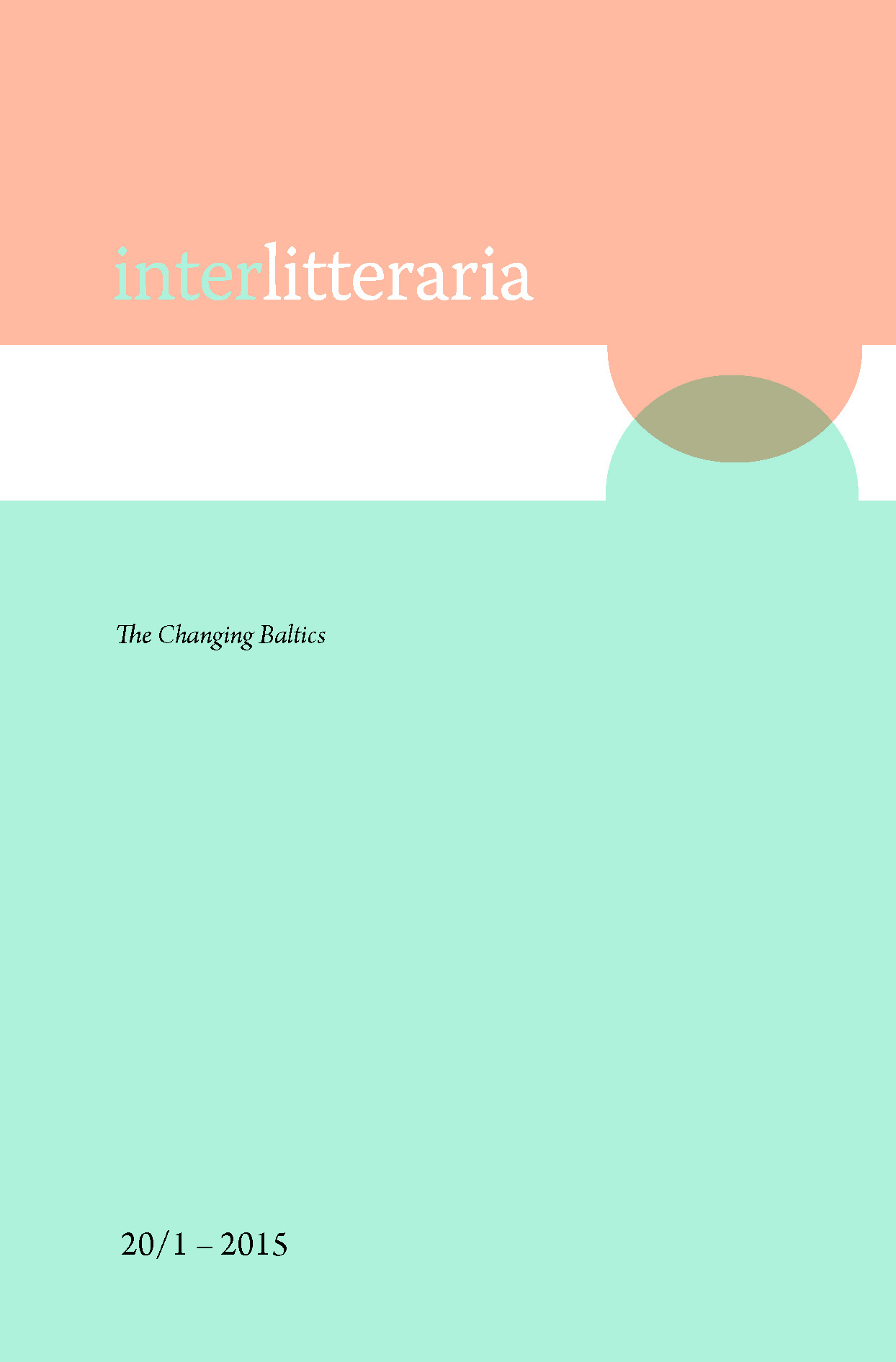Female Experience and Language in Monta Kroma’s poetry
DOI:
https://doi.org/10.12697/IL.2015.20.1.15Keywords:
poetry, feminist theories, feminine writing, feminine language, soviet timesAbstract
Monta Kroma (1919–94) is one of the key female representatives of Latvian poetry in the 1960s–80s. She is one of the most uncommon Latvian poets of this time as well – a brilliant modernist, whose poetics are different from the mainstream in both subject and form. Kroma started writing in the 1940s composing stanzas of socialist realism. From the 1960s onward, after completing her studies in Moscow, she mostly writes in vers libre, revealing the inner worlds of women living in the city, which, in the context of the Soviet ideology, makes her poetry unique and not always officially sanctioned.
The focus of the paper is the poetics of Monta Kroma from the viewpoint of feminist theories. The main purpose is to explore the feminine features of her poetics, analysing the female subject and writing in accordance with gynocriticism and post-structuralist French feminism, paying attention to the language and means of expression.
Though a feminine or masculine way of writing exists apart from the author’s gender, Kroma’s poetry can be viewed in the light of a specifically female language, an alternative to patriarchal discourse. Such a way of writing – the so-called écriture féminine is emphasised as a concept and also demonstrated in the works of poststructuralist feminists Hélène Cixous and Luce Irigaray. As écriture féminine is deeply related with the body and sexuality, Kroma’s sensuous poetics with its semiotic elements presents a fruitful field of research in the context of these ideas.
Downloads
Downloads
Published
Issue
Section
License
The contents of Interlitteraria are published under CC BY-NC-ND licence.


